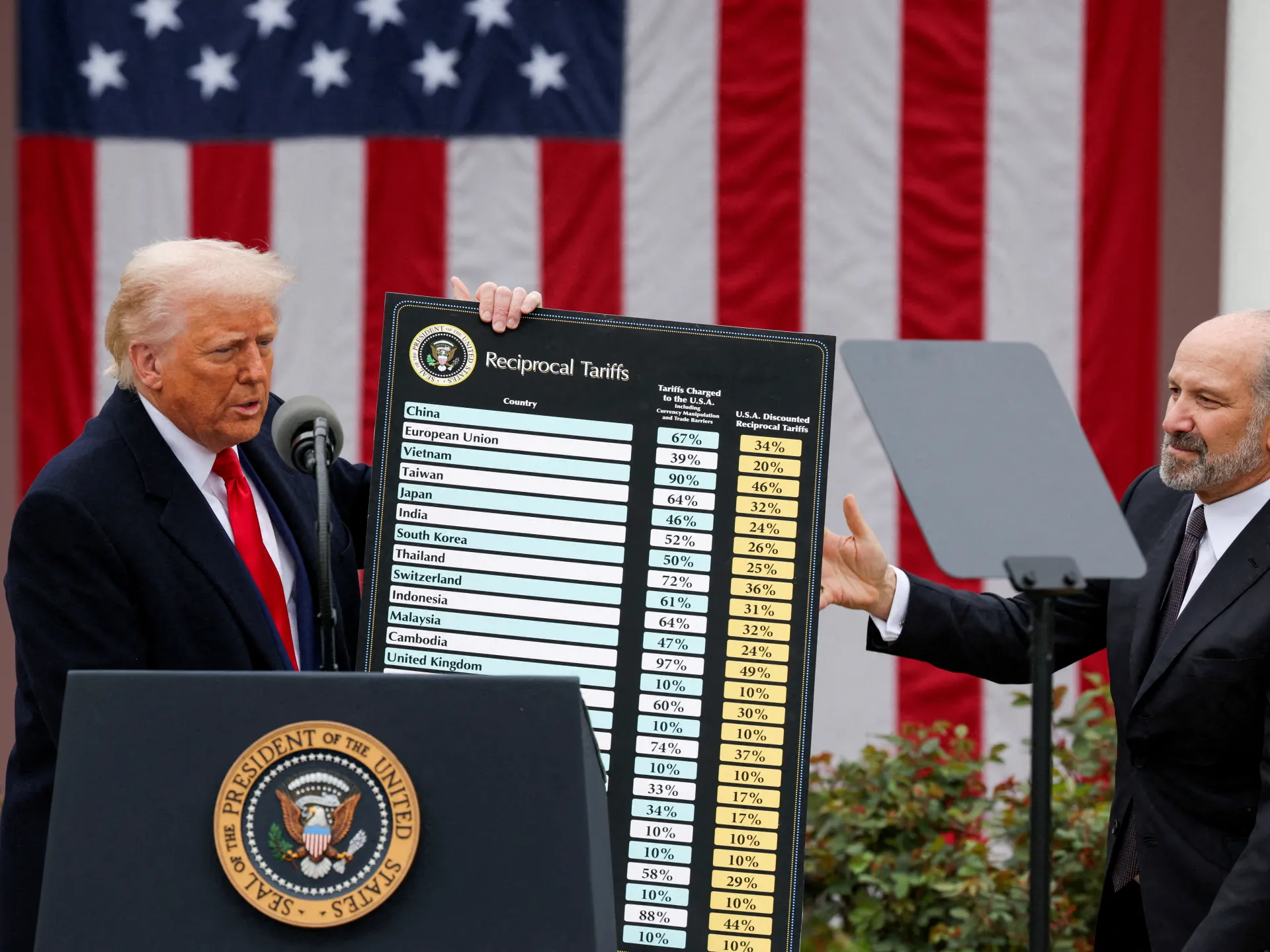Key Impact Points:
- Significant Emissions: Seventh Generation’s cash on balance sheet generates 9,000 metric tons of CO2, more than its combined Scope 1 and Scope 2 emissions.
- Pioneering Reporting: Seventh Generation leads by reporting financed emissions, a step usually taken by financial institutions.
- Corporate Collaboration: The initiative required extensive cooperation between Seventh Generation, Unilever, and consulting firm Topo Finance.
Seventh Generation, known for its bio-based household products, uncovered a significant environmental impact: its cash on the balance sheet generated 9,000 metric tons of CO2 annually. This discovery prompted a deeper look into the company’s financial practices, revealing that its banks’ activities produced more emissions than the primary ingredient in its products, palm oil.
“It’s a meaningful amount: 9,000 metric tons of CO2, which is bigger than our combined footprint from Scope 1 and Scope 2,” said CFO Nimerta Sirichand at the GreenFin 24 conference.
Reporting Financed Emissions
Three years ago, Seventh Generation began reporting this metric, a practice uncommon outside the financial sector. This effort required close collaboration between the company’s sustainability and finance teams, and support from its parent company, Unilever. “The process isn’t exact science, but we’re not looking for perfection, just directional results,” Sirichand added.
Change the World - Subscribe Now
Corporate Cash Funds Fossil Fuel
“Financed emissions” measure the CO2 impact of banks’ cash management and loan portfolios. While disclosure of these emissions is mandatory for financial institutions with decarbonization goals, it’s voluntary for non-financial corporations. Yet, companies like Seventh Generation and Patagonia are leading the charge. A staggering 20% of the $7 trillion held by U.S. companies funds fossil fuel investments.
“We must see this through the lens of stopping the continuous flow of capital to fossil fuels,” said Ashley Orgain, Chief Impact Officer at Seventh Generation. “What will it take for this to stop being anyone’s practice?”
Overcoming Challenges
The journey to report these emissions was challenging. Orgain’s organization began by educating and convincing the finance team. Simultaneously, Orgain engaged Unilever’s global sustainability team to involve the global treasury. This collaboration allowed Seventh Generation to move its foundation’s holdings to Amalgamated Bank, a union-owned bank in the U.S.
“We made it clear to Unilever partners that we weren’t naming banks to shame them but to start a conversation,” Orgain explained.
Changing Corporate Culture
Initially, Sirichand was skeptical, citing the complexity due to Unilever’s structure. However, she soon recognized the importance of including banks and financial partners in emissions reporting. “Every job is a climate job,” Sirichand emphasized.
Over two years, Seventh Generation persuaded Unilever to participate actively. With consulting firm Topo Finance, they assessed year-end balances, lending portfolios, emissions disclosures, and qualitative measures of their banks.
For now, Seventh Generation reports these emissions, pushing Unilever to use its influence for greater financial sector accountability. “You don’t need to know all the answers, just ask the questions,” said Paul Moinester, Executive Director of Topo Finance. “Part of the reason solutions don’t exist is because nobody’s asked about it before.”
Related Article: Standard Chartered Enhances Net Zero Roadmap with Commitment to Deliver Methane (CH4) Emissions Reduction Target

 Follow SDG News on LinkedIn
Follow SDG News on LinkedIn











